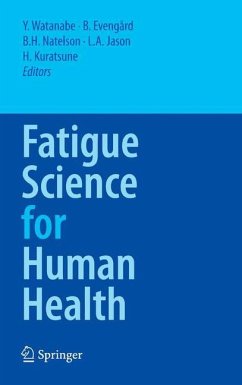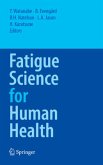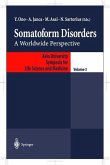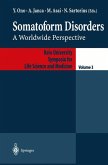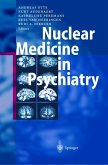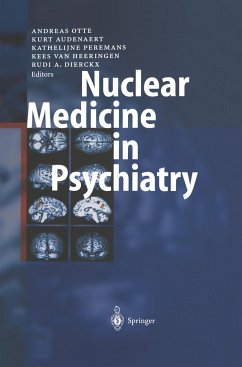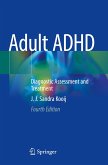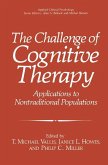Fatigue is quite a familiar sensation, one that everyone is likely to have experienced. Its molecular and neural mechanisms have not yet been elucidated, however, probably because of the complicated nature of its causes. To provide a broad forum for discussion, the International Conference on Fatigue Science was organized, the first being held in 2002 in Sandhamn, Sweden, and the second in 2005 in Karuizawa, Japan. Subsequently it was decided that the papers presented at the two conferences should be collected and incorporated in this pioneering work, Fatigue Science for Human Health. The book summarizes fatigue researchers' achievements, explains the status of the research on fatigue, and presents perspectives on remedies for chronic fatigue and chronic fatigue syndrome. The result is an authoritative guide to recent progress in the molecular and neural mechanisms of fatigue and in the development of the ways to prevent and overcome fatigue and chronic fatigue. This book provides a valuable resource not only for physicians but for all who work in public health.
From the reviews:
"This book begins a discussion about whether the symptom of fatigue should be raised to a specialty in its own right. The authors offer numerous considerations and research to support their contention. ... It is directed at the scientific community to raise interest in fatigue research, with a focus on the chronic fatigue syndrome. ... This book separates fatigue out of the usual specialty practices of neurology and rheumatology and suggests fatigue could be a unique specialty." (Vincent F. Carr, Doody's Review Service, May, 2008)
"This book begins a discussion about whether the symptom of fatigue should be raised to a specialty in its own right. The authors offer numerous considerations and research to support their contention. ... It is directed at the scientific community to raise interest in fatigue research, with a focus on the chronic fatigue syndrome. ... This book separates fatigue out of the usual specialty practices of neurology and rheumatology and suggests fatigue could be a unique specialty." (Vincent F. Carr, Doody's Review Service, May, 2008)

